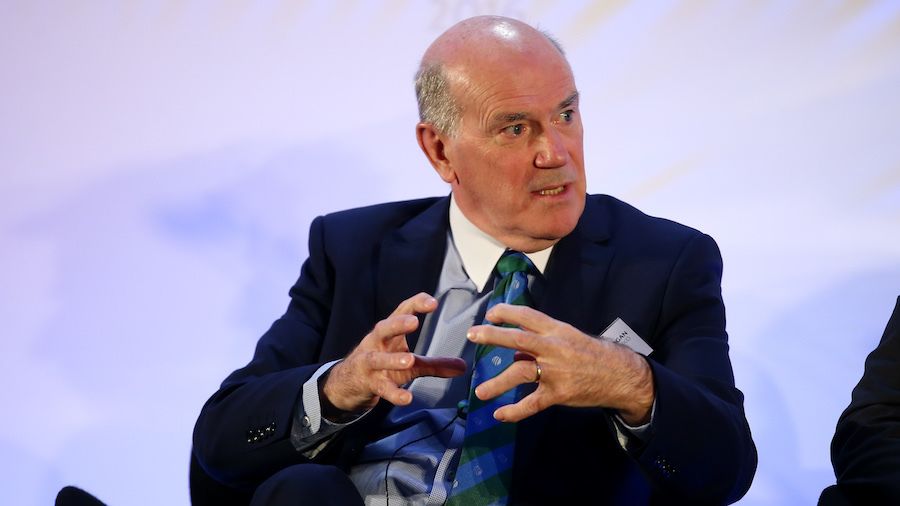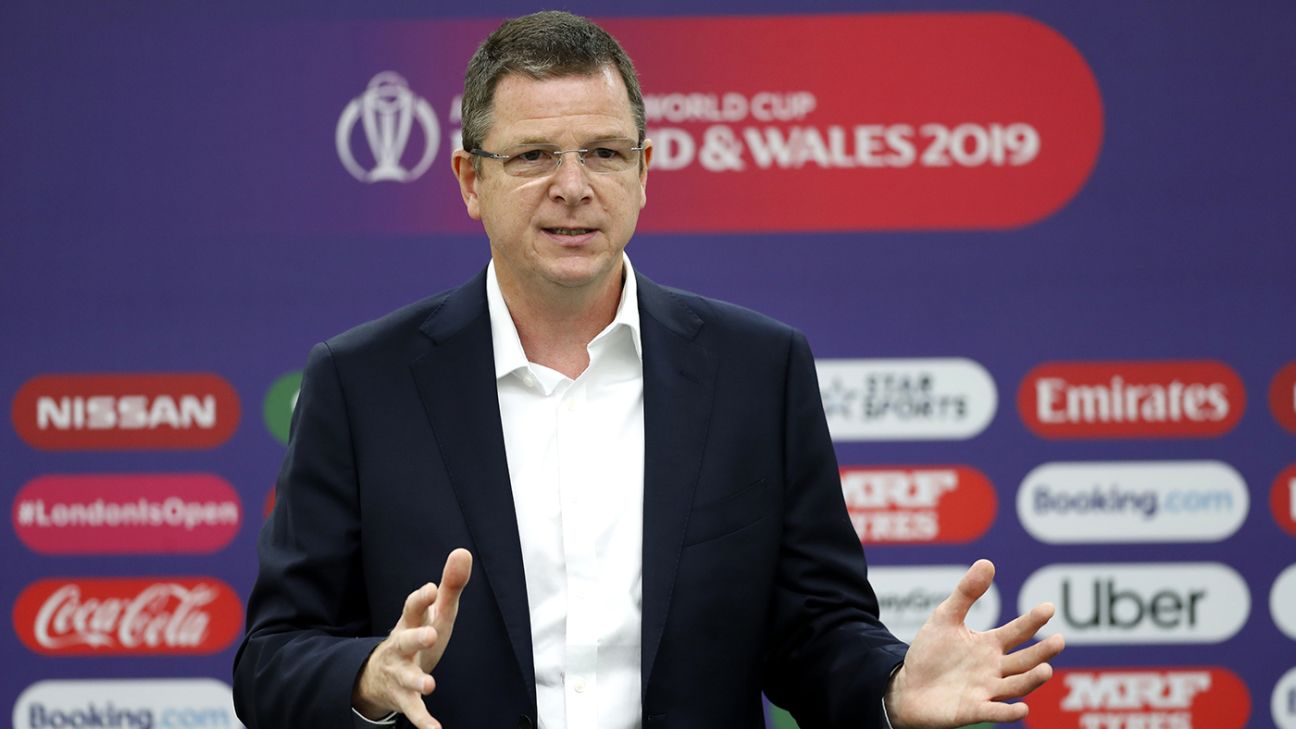ICC Anti-Corruption Unit Chair Sir Ronnie Flanagan to Retire
Sir Ronnie Flanagan, the esteemed former Home Office chief inspector of constabulary for England, Wales, and Northern Ireland, has announced his retirement as the independent chair of the International Cricket Council’s (ICC) Anti-Corruption Unit (ACU) at the end of October. Flanagan’s departure follows the recent retirement announcement of ACU head Alex Marshall.
Flanagan’s appointment in 2010 marked a significant chapter in the ACU’s history. He succeeded Lord Paul Condon, who had established the unit in 2000 to combat the growing threat of match-fixing. Under Condon’s leadership, the ACU imposed life bans on three international captains: Mohammad Azharuddin, Saleem Malik, and Hansie Cronje.
As Flanagan approached the end of his tenure, he echoed Condon’s concerns about the potential risks posed by T20 cricket, particularly domestic franchise leagues. In 2013, the Indian Premier League (IPL) was rocked by a corruption scandal, prompting Flanagan to urge cricket boards to strengthen anti-corruption laws to deter corrupt practices in domestic T20 leagues.
Flanagan’s retirement comes at a time when the ICC is actively seeking a replacement. The organization aims to present its recommendation for the next ACU chair during its quarterly round of meetings in October.



